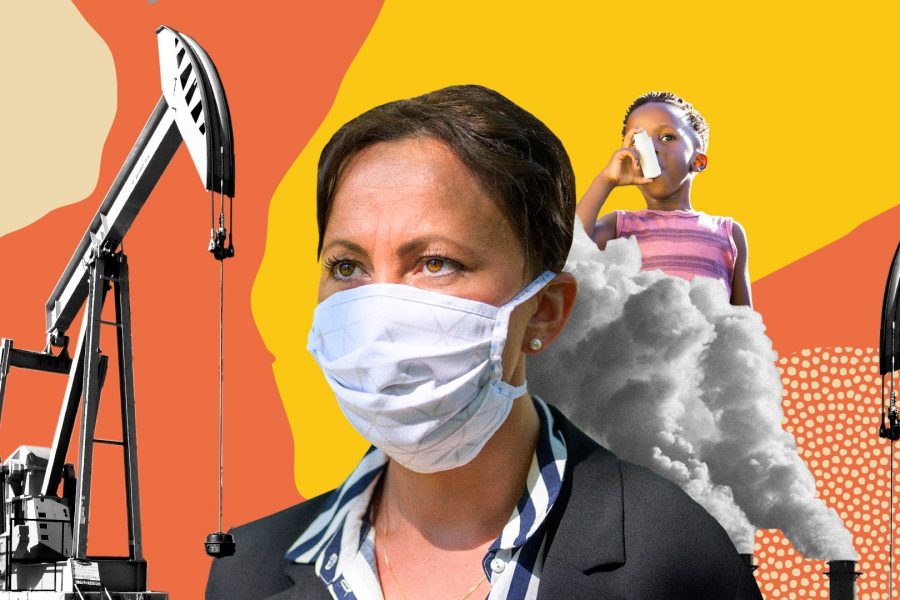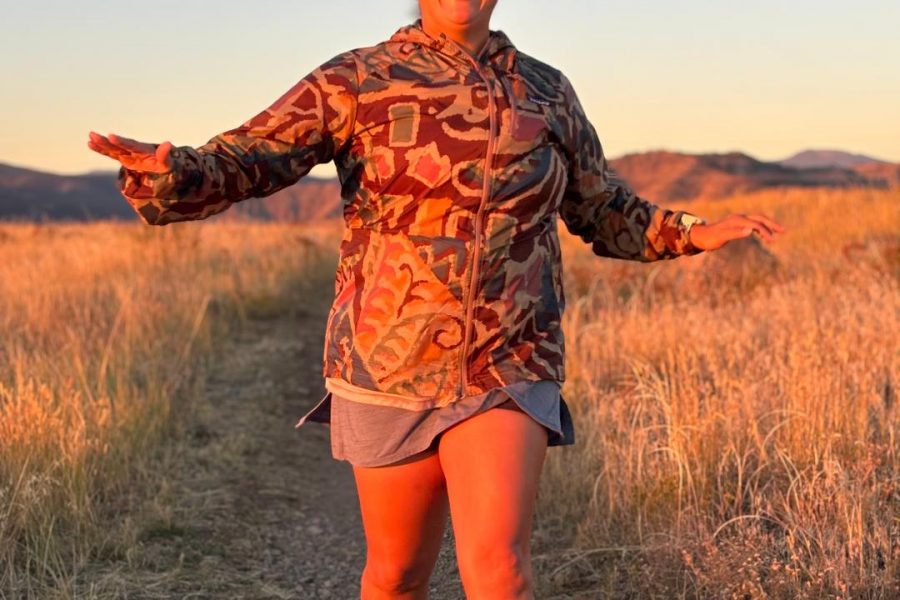Blog
Category: Communities
Get emails from us Join the Fight
You are the driving force behind our work! Keep up with news and opportunities to advocate for policies that benefit all Coloradans, build leadership that looks like Colorado and strengthen our collective power.



